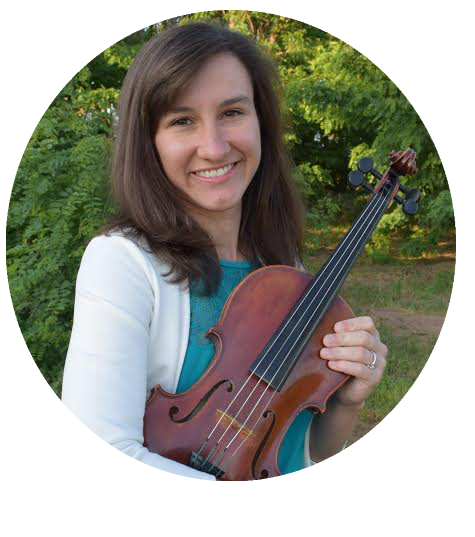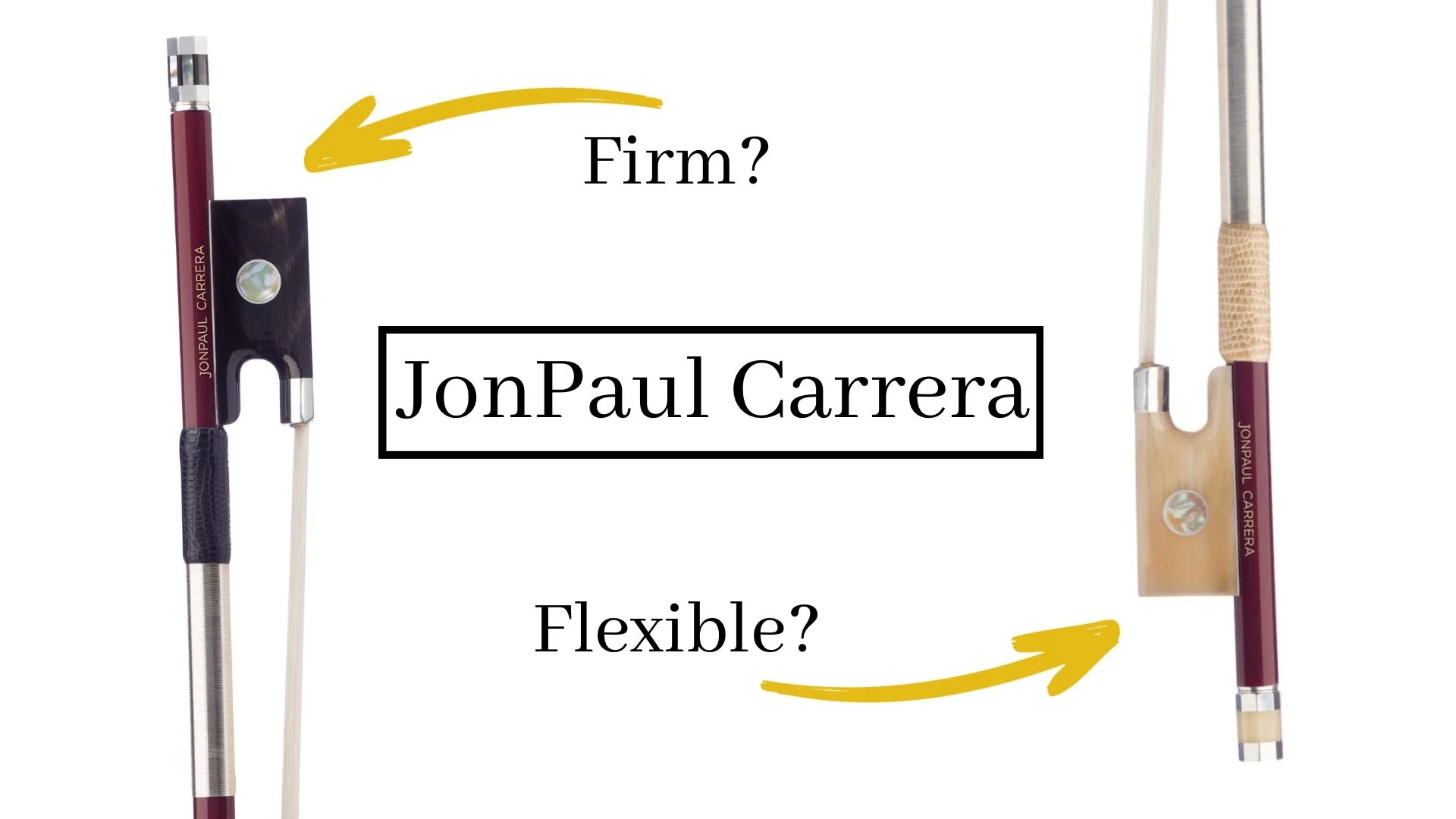New to the Violin? Here's Some Tips for Parents
/TIPS FOR PRACTICING
WHEN TO PRACTICE
Try to practice right after the lesson while everything is still fresh. The longer you wait, the more your child will forget. If you aren’t able to practice right after, have your child talk through the new things they learned.
The amount of time each student needs to practice will vary with age and level. For all students, it is much better to have short daily practice sessions than to have one or two long weekly sessions. For beginners, at least 10-15 minutes a day 5 days a week is a good start.
HOW TO PRACTICE
Students often fall into the trap of just running through pieces for their practice time. Running through a song might make it sound better after multiple attempts, but there are better, quicker ways to make something sound good. Set daily and weekly goals for yourself. I try to give students one or two big concepts to work on for the week. Think of these things while you play. Stop and ask yourself if you are doing them. Identify any problem spots. You don’t always have to start at the beginning of a song, start at the hard parts and try to understand what makes them difficult. Simplify the music if needed: pizz. the song without the bow or shadow bow it without the left hand. Make up words to songs or listen to others playing them. Finally, reward yourself for playing something well! As musicians, we are always thinking about what we did wrong and forgetting about everything we did right!
PARENT INVOLVEMENT
Parent involvement will differ with age level. For very young children, parents should be present during the lesson. Take notes and ask questions since you will be your child’s teacher during the week. Practice time for young children should be adult supervised as well. I can always tell an incredible difference with young students who have parents assisting them during lessons, versus parents who are not present during the lesson. When parents (or older siblings) help out a child during lessons, we can cover much more material, and the parent knows exactly what to work on during the week. If you can’t be present for your child’s lesson, ask for your teacher’s notes on the lesson. I leave lesson notes for every lesson so parents always know what we worked on. Use these notes as a guide throughout the week.
MOTIVATION
Staying motivated is hard no matter how well you play. Once the honeymoon phase has worn off, parents should make sure their children still practice regularly. The less they practice, the more discouraged and frustrated they will become and the more they will want to quit. Hearing other musicians play is always encouraging. Take advantage of the internet and YouTube to find some great performances. Encourage students to also improvise on their violins. This is a fun and important part of developing the necessary aural and tactile skills.
Consider Learning the Violin Yourself
When a parent learns violin along side their child, something magical always happens. The child almost always progresses much, much faster than other students. The child will hear the parent playing their songs, reinforcing what the songs sound like. The parent serves as a role model throughout the week. The greatest benefit is the joy of sharing music together, which is priceless!







![10 Best Violins for Beginners: A Violin Teacher’s Ultimate Guide [2026]](https://images.squarespace-cdn.com/content/v1/554545e3e4b0325625f33fa6/1600433065588-JQV56M1W9LNI833AVGEE/10+best+violins+for+beginners+2020.jpg)








